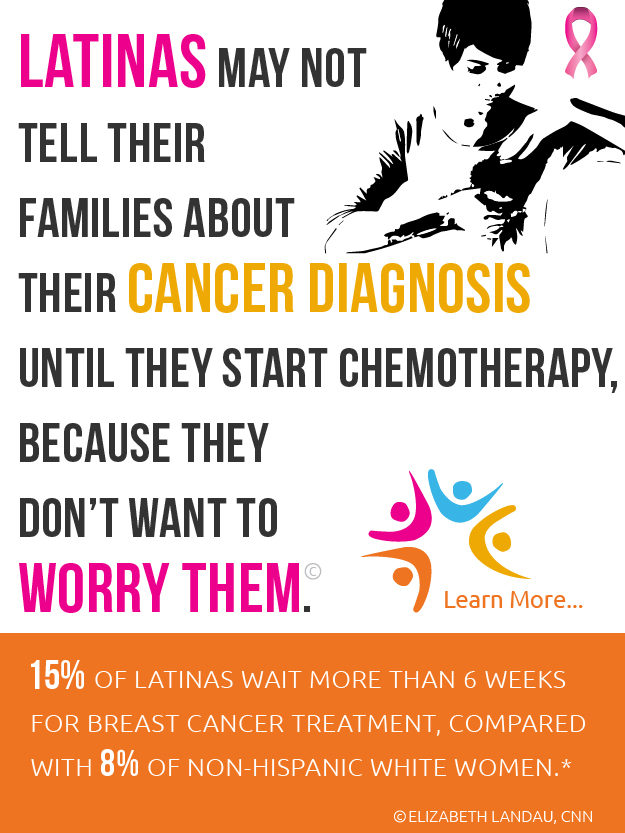
Hernia - Living With The Pain Or Surgery?
05/28/2018 06:00AM | 6098 viewsA hernia is a painful sac containing a part of displaced organ (usually the bowel) ora fatty tissue. Hernia surgery is one of the most common treatments carried out in the USA with around 1 million surgeries each year.
The pain from a hernia can be anything from a constant dull ache to severe sharp pain that can be associated to the tear opening up further. Treatment is necessary for this condition and if left, a hernia can be fatal. Many people with this condition put off seeking medical treatment and this can result in the need for emergency medical treatment. A recent medical study published by the American College of Surgeons revealed that older and Hispanic adults are more at risk of needing emergency hernia operations. It is important that this demographic group has support to improve their health care awareness.
Causes and types of Hernia
A hernia can either be congenital or may develop due to activities like heavy lifting or strenuous sports or health conditions like constipation or chronic cough that increase pressure on the abdominal wall. Poor nutrition and smoking and non related conditions such as cystic fibrosis are causal factors.
The most common type is an inguinal hernia which is the bulging of the small intestine into the inguinal canal in the groin. It is estimated that about 96% of hernias are of this type and approximately 20% of males suffer from inguinal hernia compared to 2% women. A sports hernia, known as Athletic Pubalgia, is similar but are caused by sports that involve sudden changes in direct or intense twisting movements.
Other types include an incisional hernia, the intestine pushes through theabdominal wall at the site of previous abdominal surgery. This type is most common in elderly or overweight people who are inactive after abdominal surgery. And, a femoral hernia occurs when the intestine enters the canal carrying thefemoral artery into the upper thigh. Femoral hernias are most common in women, especially those who are pregnant or obese. Almost all hernias, except hiatal herniarequire surgery.
Treatment for hernia
For some hernias like an inguinal without symptoms the American College of Surgeons consider watching and waiting to be a reasonable approach. However, this is to risky for other hernia types like femoral that have a high risk of strangulation that can be life threatening.
If, after medical consultation, it is decided that surgery is not immediately required you may consider the purchase of a medical truss that can provide vital support and help with mobility. Trusses can also be used post-surgery to assist with painmanagement. If surgery is required the options available will depend on theindividual patient but will be either open or laparoscopic, keyhole surgery. Both types of surgery involves repairing the tear with mesh or stitches and very often both.
Whatever the type of hernia, there will be a degree of pain associated with thecondition. It is almost certain that at some point surgery will be required either sooner or later depending on the type of hernia. It is important that the right medical advice and guidance is obtained. This can be challenging for certain demographic groups but it is comforting to know that help is available when it is required.











Post your Comment
Please login or sign up to comment
Comments